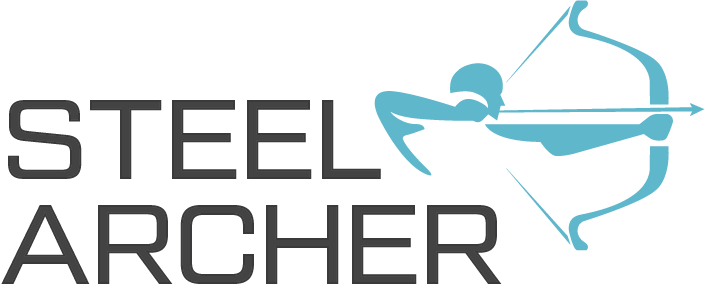The impact of AI on a company can be substantial, and it varies depending on the industry, size of the company, and the specific AI applications being implemented. Here are some ways AI can change a company:
- Automation of Repetitive Tasks: AI can automate routine and time-consuming tasks, freeing up employees to focus on more strategic and creative aspects of their work. This leads to increased efficiency and productivity.
- Data-Driven Decision-Making: AI systems can analyze vast amounts of data quickly and accurately. This enables companies to make more informed decisions, identify trends, and discover insights that might have been missed through manual analysis.
- Improved Customer Service: AI-powered chatbots and virtual assistants can provide 24/7 customer support, answer frequently asked questions, and resolve issues promptly, enhancing customer satisfaction.
- Personalization: AI algorithms can analyze customer data to offer personalized product recommendations, content, and marketing messages, leading to higher customer engagement and conversions.
- Predictive Analytics: AI can predict future trends, demand, and potential issues, helping companies optimize their supply chains, inventory management, and resource allocation.
- Enhanced Security: AI can bolster cybersecurity efforts by identifying and mitigating threats in real-time, protecting sensitive data and systems from cyberattacks.
- Healthcare Innovations: In healthcare, AI can aid in early disease detection, drug discovery, and personalized treatment plans, improving patient outcomes and reducing healthcare costs.
- Financial Services: AI can optimize risk assessment, fraud detection, and investment strategies in the financial sector, leading to more profitable and secure operations.
- Manufacturing and Automation: AI-driven automation in manufacturing can lead to increased production efficiency, reduced downtime, and improved product quality.
- Human Resources: AI can streamline the hiring process by analyzing resumes, conducting initial interviews, and identifying the most qualified candidates, saving time and resources.
- Energy Efficiency: In the energy sector, AI can optimize energy consumption, improve grid management, and enhance the efficiency of renewable energy sources.
- Retail and E-Commerce: AI can optimize inventory management, pricing, and demand forecasting, helping retailers maximize profits and reduce waste.
- Content Creation: AI can generate content such as news articles, reports, and marketing materials, saving time and resources for content creators.
- Supply Chain Management: AI can improve supply chain visibility and logistics, helping companies optimize routes, reduce transportation costs, and minimize delays.
- Environmental Impact: AI can be used to monitor and reduce environmental impact by optimizing energy usage, waste management, and resource allocation.
It’s important to note that while AI can bring significant benefits, it also poses challenges, such as ethical considerations, data privacy concerns, and the need for appropriate governance and regulation. The extent to which AI changes a company depends on its willingness to embrace and invest in AI technologies, the industry it operates in, and its ability to adapt to the evolving landscape of AI innovation. Luckily, Steel Archer can help you think through, plan and prepare for and implement AI for your business.

